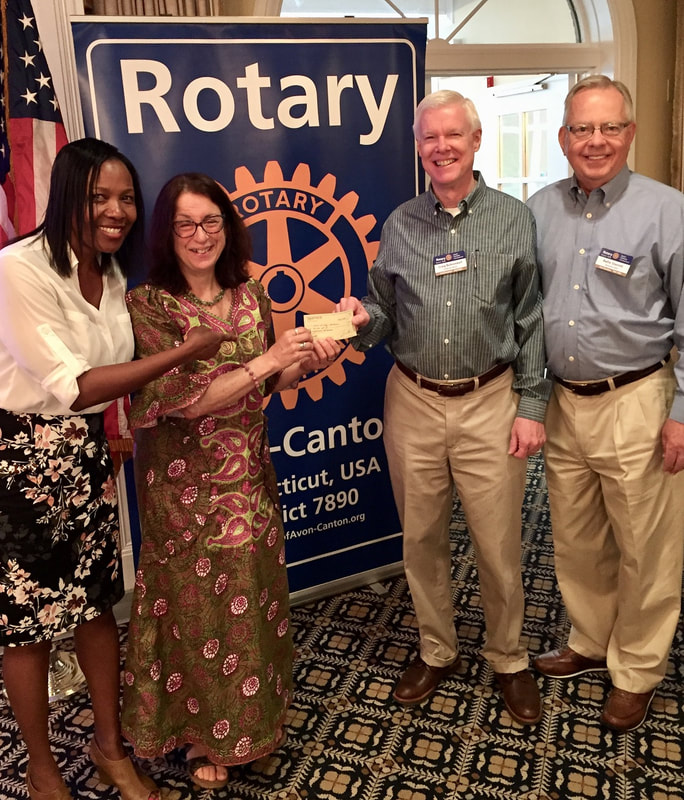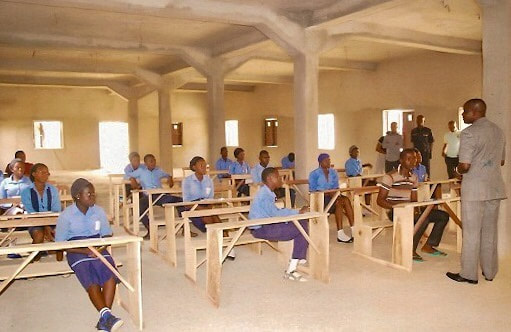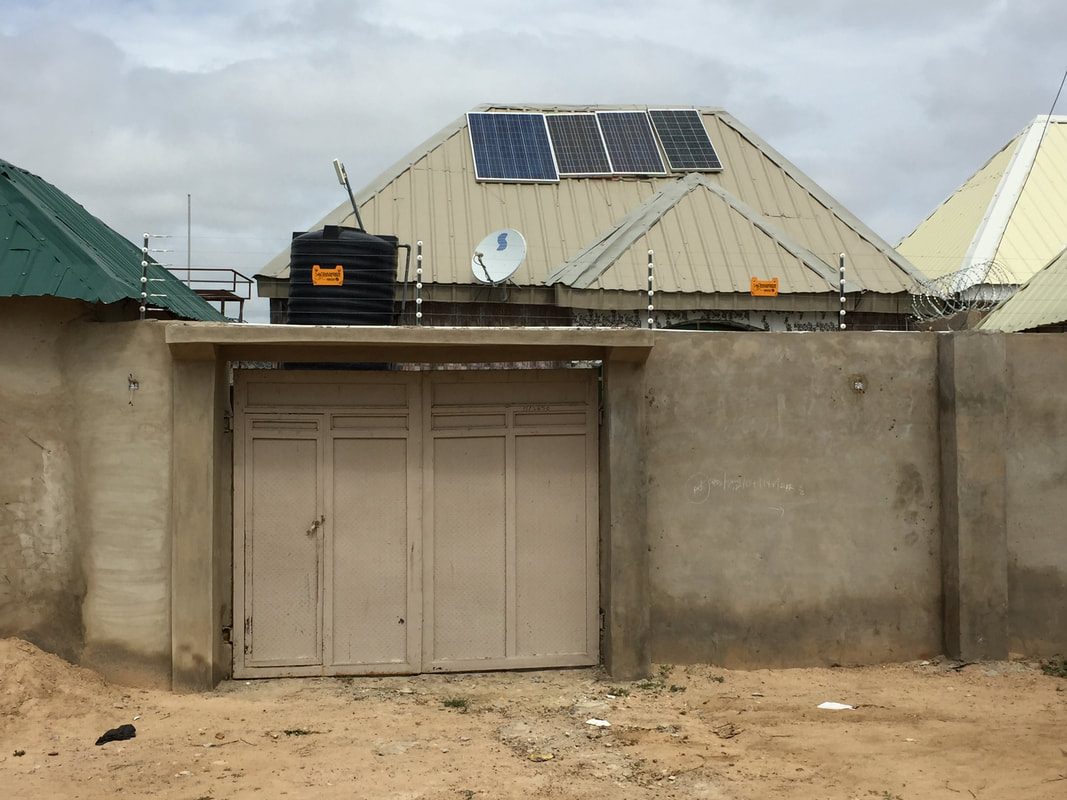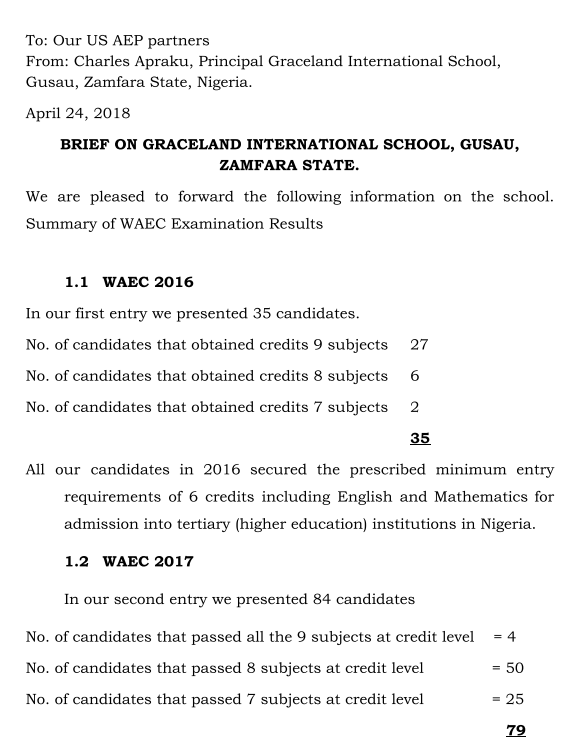|
The library at Graceland International School is very inadequate, lacking both reference books and shelving to store them. Many of the books that the library does have are stacked in a few piles along the walls.
0 Comments
A chronic problem in the region is finding a regular supply of clean water for drinking and washing. With this in mind, our partners in Gusau have decided that they should drill a borehole on the school property to supply both the school and the adjoining Graceland Hospital, currently under construction.
Graceland International Students' WAEC Exam Results Outstanding Compared to the Rest of the Nation6/14/2018
In a recent editorial published in the Nigerian daily “This Day”, it was noted that the most recent WAEC exam results were again dismal, even depressing. Unless the authorities take action to turn around the state of education in the country, educational standards will continue to fall. Nationally, only 18% of the candidates who entered the exams received results that would gain them admission into some of the better universities.
In contrast the results of the students at Graceland International School surpasses the national results. The electricity supply in the region is very unreliable. To ensure that the school has a regular and consistent supply of electricity, the board of AEP has agreed fund an additional generator. A reliable electricity supply is essential especially for the science and computer labs. At this point, solar power is not a viable option for the school campus.
The 2017 WAEC results from Graceland International School are in, and we are very pleased to report that our students again scored well on these important exams.
|
This page compiles information from outside sources, as well as AEP's own blog updates.
Resources
All
ArchiveD News
April 2024
|
Learn More |
|
Support us |
Africa Education Partnership 501(c)3 | 99 Sand Hill Road, South Windsor CT 06074
Privacy Policy
Privacy Policy
© COPYRIGHT 2021. ALL RIGHTS RESERVED. Site by PluginMatter





 RSS Feed
RSS Feed